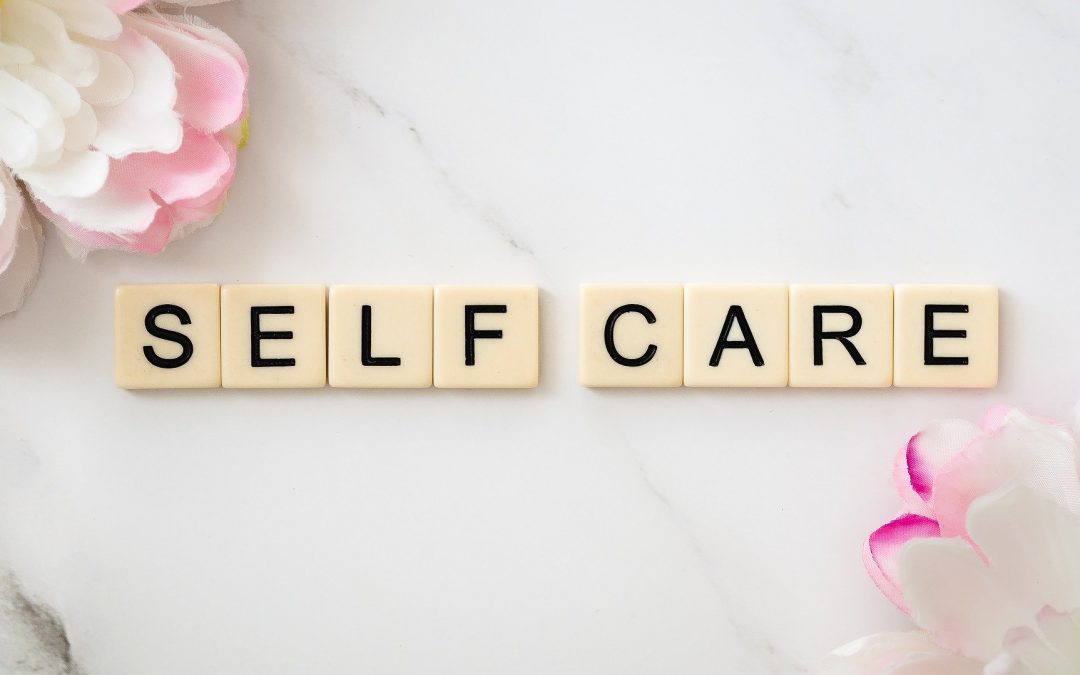So the anticipation of school going back has not quite left us yet. I don’t think many of us celebrated schools returning this term the way we would usually. I mean there was no bunting and whistle blowing this time round.
Returning to school whilst it is a relief has been laden with worry and anticipation of what school term will look and feel like, but also how much of school term will they actually manage to experience in classes.
Here in Scotland the schools have returned now since mid-august and its been an emotional rollercoaster for so many of us. So many of us feel like we are tip-toeing around to holding baited breath, is it going to be a positive case in school or is it a change in guidelines?
With schools in England returning soon in September it brings new anticipation for us here in Scotland but also presents anxiety for those parents in England.
When our schools have returned the numbers have drastically risen again, and whilst I do not blame the children (like media tries to) it is in part with many of us leaving home to be more a part of society. “that getting back to normal” that we have been so desperately hanging on to. Schools in England will have been watching this and understandably worrying and anticipating much the same.
Will the numbers rise?
Will children be in school or not?
Will guidance change?
So what can we do to support ourselves and our children through these times of uncertainty?
During this unprecedented time I have found myself constantly arguing with myself about whether I am doing right by my children.
Are they safe at school?
Are they safer at home?
Im not qualified to teach them?
They are missing out
They will need to work extra hard on “catching up”
Do I want them to catch up?
I have even questioned if they are better to return to the beginning of the year they were in. So repeating a year.
Do you find yourself asking these questions or have similar conversations?
Recently I have also noticed that my teens behaviour is also changing, my kids no longer want to “ask” for things. they avoid speaking to adults around them at all costs because they are conditioned by the media as the “Super spreaders” of the virus.
This has meant they have stopped being curious, they have stopped asking for the support they need and live in a fearful state. Worrying that they will be responsible for another person getting sick.
There is so much going on for our young people now and they are under immense pressure to be doing well, that they never get to just be their curious selves.
So what can we do to help our young people and ourselves with this pressure?
Being able to understand that some behaviours will present now, because of the pressure they are under can help in supporting us not to take their behaviour personally. How difficult is it not to take things personally?
Self care is incredibly important in realising that we cannot do everything. We cannot be everything for everyone, that goes the same for our young people.
What does Self care look like for you?
What does Self-Care look like for our teens and tweens?
There is so much advice out in the world about what self-care should look and feel like.
Whilst we all know that to eat well, sleep well and being physically healthy are all super important, I would like to consider the less glamourous side of self care.
Self-Care for us can be the taking time away from a situation that can cause us upset or distress.
That for a teen can be them locking themselves in their rooms and not engaging in family time.
This is when we need to manage expectations. School is such a tough day, the isolation in room is their own way of regulating themselves. Not because they do not want to hang out.
Self- care for us can be deciding what relationships are good for us and those that are not.
For our teens this usually presents as a constant battles with friendships we often don’t understand.
This is when its helpful for us to have conversations with them about how they like to be treated and that their friends can change lots of times. Consent, boundaries and respect is the fields they are navigating.
Self-care is doing some activities that we enjoy that can take our minds off things such as meditation or a walk in nature.
For our teens, this is often with devices. whether is be gaming or it be with netflix etc.
This is when it is helpful to understand that their world is technologically based. Whilst there does need to be a balance, its important to recognise the benefits it does provide in helping them to escape and recharge.
Self-Compassion
When considering self-compassion we often assume to be self-compassionate, its about being kind.
Whilst kindness is a factor in being self-compassionate, Bravery is its core component.
It is brave to sit with the uncomfortable feelings.
It is brave to acknowledge what went well in a day and where we could have done better.
It is brave to say that people are no good for your mental well-being.
Its brave to say, today was not my best day, “I will try again tomorrow”
So for the next few weeks ahead , its about us understanding the challenges in the context of the bigger (internal) picture.
Offer ourselves and our teens and tweens more Compassion and step up the self-care. More importantly have the conversations that you see them, you hear them and that you are there for them. And yourself.
“When we come from a place of love, we cannot be wrong”
